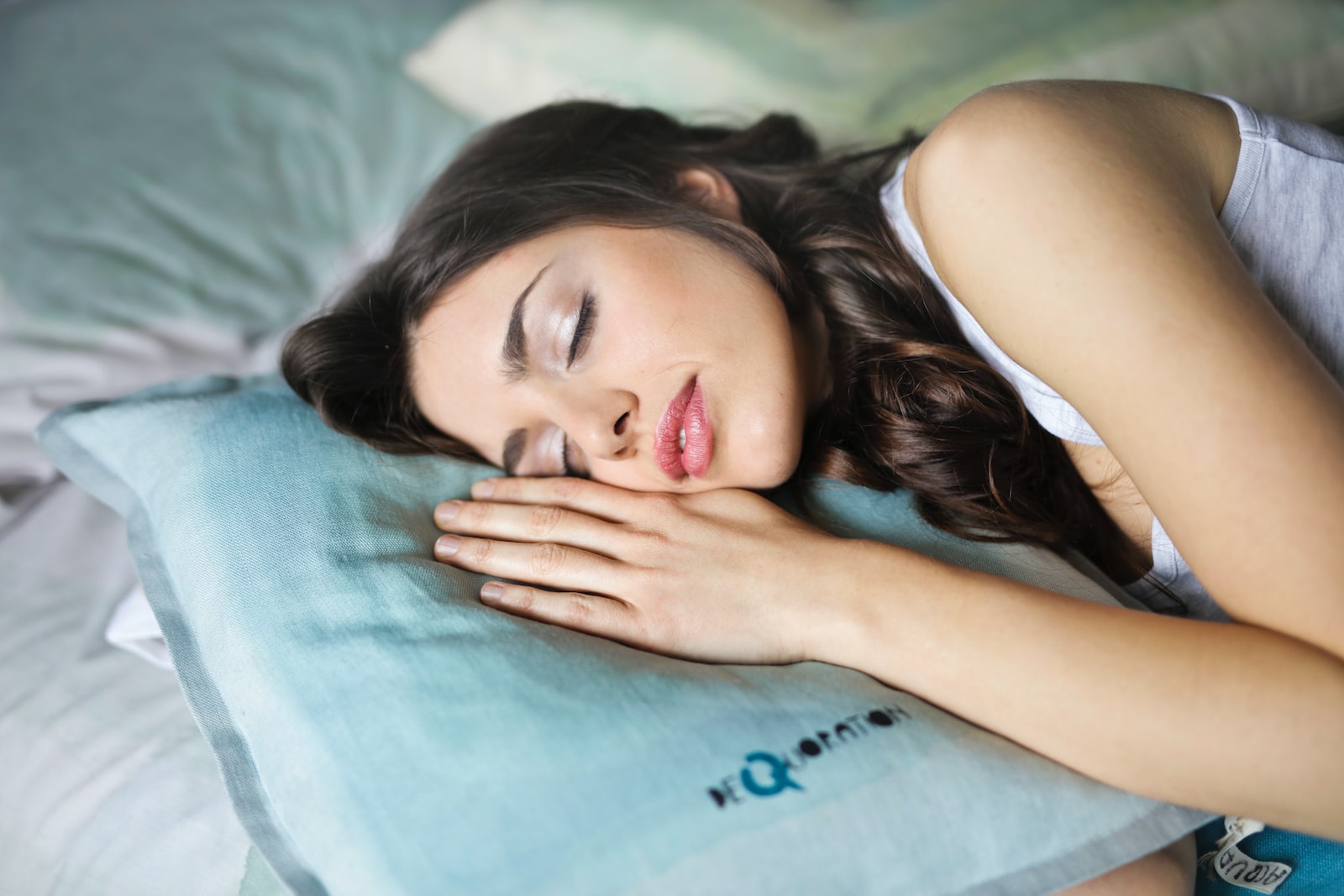Sleep Hypnosis

How to get better sleep with Hypnotherapy
If you’re one of the millions of people who struggle to sleep, you may find yourself frustrated trying to figure out how to get some good sleep. Hypnotherapy may be useful in improving your quality of life by positively modifying your behaviors and choices.
Hypnosis can provide a safe and relaxing way to sleep that can even help you fall asleep faster.
To improve your sleep with hypnotherapy, there are a few steps you need to take first:
- Make it a priority: It’s important to make sure that getting enough quality rest is one of your top priorities in life. Set aside enough time each night for restorative sleep, and don’t stress about when or how long you’re going to bed.
- Prioritize relaxation techniques: During hypnosis, deep relaxation is key for getting into a state of sleepiness or sleep meditation.
Why people have trouble sleeping
Because of different reasons, some people have problems falling asleep, others sleep excessively, and others even struggle with insomnia. Hypnotherapy for Sleep can be an effective way to help relieve sleep issues by teaching you how to relax and fall asleep easier.
How can having sleep issues affect us? Sleep is an essential part of our lives, and not getting good quality rest can have a negative impact on our physical and mental health.
For some, poor sleep or not having enough sleep, can lead to chronic fatigue and weight gain. Sleep deprivation can also make it difficult to concentrate, learn or work effectively. In general, these problems can be frustrating and burdensome, and can definitely have a huge impact on your life.
What are the causes and symptoms of sleep disorders?
There are many different causes of sleep disorders, but the main culprits are usually stress and anxiety. Other factors that can contribute to sleep problems include smoking, drinking alcohol or caffeine late at night, exposure to light in the evening, and a poor diet, among others.
The symptoms of sleep disorder can vary depending on the person, but common signs include trouble sleeping through the night or staying asleep for a long period of time, feeling tired throughout the day even when you’re not working hard, headaches, and mood changes.
Who is at higher risk of having sleeping problems?
Anyone can develop sleep problems, but people who are more prone to them include
- People with anxiety, stress, or other mental health conditions such as Post-Traumatic Stress Disorder (PTSD)
- Individuals who have a history of insomnia or other sleep disturbances
- People with poor sleep hygiene – consistent, uninterrupted sleep is promoted by having a bedroom environment and daily routines.
- Women after they’ve had a baby
- Individuals over the age of 60
Hypnosis For Sleep: Does Sleep Hypnosis Work
Sleep hypnosis is an effective treatment to achieve healthy sleep. It is a mental health therapy that involves hypnotic suggestions, positive affirmations, relaxing thoughts, and imagery to help you fall asleep and stay asleep.
Although sleep hypnosis is a well-studied technique, clinical trials have been limited. In a study, the Journal of Clinical Sleep Medicine (JCSM) recognized hypnosis for sleep problems as a promising treatment that deserves further research.
How does sleep hypnosis work?
You may have tried everything from pills to making major changes to your diet and exercise routines, but nothing seems to work. But there is hope—and it comes in the form of hypnotherapy.
Sleep hypnotherapy works by reducing stress and anxiety, which in turn helps you get better sleep. When you are relaxed before bedtime, it’s easier to fall asleep and stay asleep. In addition, sleeping under the influence of sleep hypnotherapy can reduce insomnia symptoms such as difficulty falling asleep or staying asleep for long periods of time.
We will start by performing a systematic review of your needs and goals. During our hypnosis sessions, we will work towards helping you improve your life by reducing stress and anxiety, which in turn leads to better sleep quality.
As a certified hypnotherapist, I will guide you to a state of deep relaxation, where you will become hyperfocused, and your subconscious mind will be open to suggestions. During this trance-like state, I will help you overcome negative thoughts with positive affirmations and hypnotic suggestions to adopt healthy habits.
The Many Benefits of Hypnotherapy for Sleep Disorders
Insomnia and other sleep disorders are becoming more and more common, and traditional methods of treatment such as medication often come with unwanted side effects. Sleep hypnotherapy is an alternative treatment for insomnia and other sleep disorders that is gaining popularity due to its effectiveness and safety.
Hypnotherapy is an effective treatment to help you finally get a good night’s sleep: It can help you fall asleep faster and stay asleep longer. It can also improve the quality of your sleep.
During sleep hypnosis, I will guide you into a state of deep relaxation state where your mind is more receptive to positive suggestions. As a certified hypnotherapist, I will also teach you some self-hypnosis and visualization techniques to help your mind enter a relaxed state on its own during bedtime, which makes falling asleep and reaching deep sleep (also known as slow-wave sleep) much easier.
Slow-wave sleep is a crucial stage for physical and mental restoration. It is during this phase that your body repairs itself, and your brain consolidates memories and processes emotions. However, many individuals struggling with sleep disorders find it difficult to reach this restorative stage.
During slow-wave sleep, brain activity slows down, allowing your body to rest and rejuvenate. It is also during this phase that the production of growth hormone increases, promoting tissue repair and regeneration. Without enough slow-wave sleep, you may wake up feeling groggy, irritable, and lacking in energy.
Through the power of hypnosis, we can tap into the subconscious mind and address any underlying issues that may be interfering with your ability to enter slow-wave sleep. By replacing negative and racing thoughts or anxieties with positive affirmations and soothing suggestions, we can help reprogram your mind for better sleep patterns.
However, keep in mind that hypnosis is not a magic wand, nor it can mind control you. This is a common misconception. I cannot make you do anything that you don’t want to do.
Can Hypnosis Help With Sleep?
When it comes to sleep, there is no one-size-fits-all answer. Each individual’s sleep habits and needs vary greatly. However, if you are finding it difficult to get a good night’s rest on your own or with traditional methods such as pills or Cognitive Behavioral Therapy (CBT), hypnosis may be a great option with no adverse effects.
Some of the many potential benefits of hypnotherapy for sleep disorders include:
- Helping you fall asleep faster and stay asleep longer
- Improving the quality of your sleep by promoting good sleep hygiene
- Reducing insomnia symptoms, such as anxiety or stress levels, headaches, or migraines
It’s important to remember that not everyone will experience the same results from using hypnosis for sleep. However, if you are considering this treatment option, there is a great chance that it can be very helpful in addressing not only the sleeping troubles you may be experiencing but also reducing overall stress and promoting a healthier, happier life.





